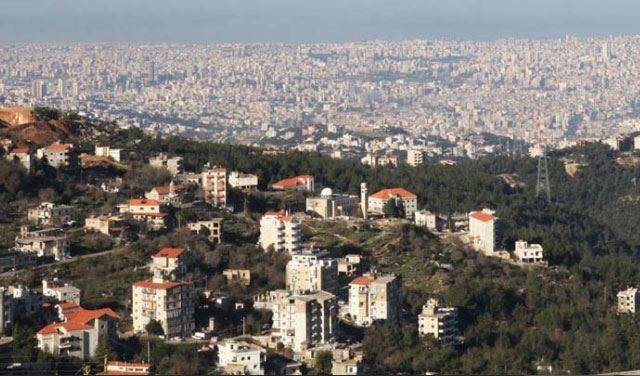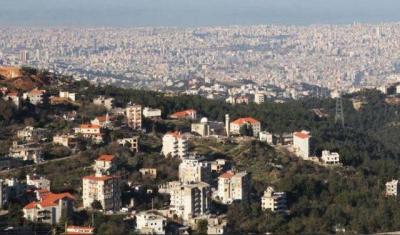According to the website "Lebanon 24," the repercussions of Maronite Patriarch Bechara Rai's call for the "internationalization" of the Lebanese issue, aimed at breaking the "stalemate" dominating the internal situation, continue to unfold. The responses to this call, particularly from Hezbollah Secretary-General Hassan Nasrallah, have led to a renewed division within the country between supporters and opponents of the Bkirki initiative.
This division is expected to lead to a new chapter next Saturday, given the growing calls on social media to gather in Bkirki in support of Patriarch Rai in the emerging "confrontation" with Hezbollah. There are concerns that things may "slip" out of control if not managed properly. Observers note that this confrontation is not new; it dates back to last year when the Patriarch adopted the theory of "neutrality," which the party viewed as a direct targeting of its role. However, it has remained largely "silent" until recently, with a notable political movement, especially within the Christian community, suggesting a potential "revival" of the "Qornet Shehwan" meeting in a new form.
**Are the Conditions Similar?**
For many years, the "Qornet Shehwan" gathering, which has lost some of its prominence in recent years, has maintained an important standing in the internal political landscape. This gathering emerged from a coalition around Bkirki formed by Christian leaders in 2001, opposing then-President Emil Lahoud before participating in the "Cedar Revolution" in 2005. Some believe that the current conditions might be quite similar, particularly regarding the confrontation with Hezbollah, as the role previously played by the regime under Lahoud is now echoed by the "current regime," especially after President Michel Aoun and the Free Patriotic Movement lost all their allies, leaving them with Hezbollah. Consequently, they are keen to maintain a relationship with Hezbollah under a "win-win" equation.
Proponents of this view argue that the Patriarch's raising of the stakes in his opposition to Hezbollah also indicates similar circumstances today. Despite both parties' efforts to "de-escalate" at most junctures and maintain open lines of communication, their relationship does not appear to be at its best. This was evident in Hassan Nasrallah's recent speech, which included direct criticism of "the head of Bkirki," despite his efforts not to name him directly.
**The Idea is Not Considered**
Although the Maronite Patriarch did not directly respond to Nasrallah's remarks, which contained "implicit" accusations of "calling for war" through his demand for "internationalization," some figures close to him have created a clear impression that such rhetoric is "not directed" at the Patriarch of the Maronites. Furthermore, they conveyed that the "language of betrayal" would not be effective in this case.
Those close to Bkirki and defending its positions do not hide a sense of "discontent," particularly with the stance of the current regime and the President, who have not reciprocated the Patriarch's efforts to avoid confrontation or calls for his resignation since the "revolution," often aligning more with Hezbollah's position on "internationalization," even though the Patriarch's call only extends to demanding an international conference, a concept that the President had previously welcomed on many occasions.
Nevertheless, despite the above, the idea of establishing a political coalition allied with or defending Bkirki similarly to the previous "Qornet Shehwan" gathering does not seem to be on the agenda of any of the relevant parties. The Maronite Patriarch disapproves of such an idea, believing that the "interest" requires maintaining an equal distance from all factions. Additionally, the forces that could potentially form the nucleus of such a coalition are themselves divided, a fact demonstrated by past experiences and events.
This is not the first time the idea of forming an "opposition front against the regime" has been raised; such suggestions have existed since the regime came into being, or at least since fissures began appearing along its lines, with allies continually breaking away. However, these efforts have not succeeded definitively, as the "divisions" among the proposed allies were stronger than the symbolic unity around Bkirki, leading to skepticism about whether the significance of rallying around Bkirki could effectively "overthrow" these divisions.




